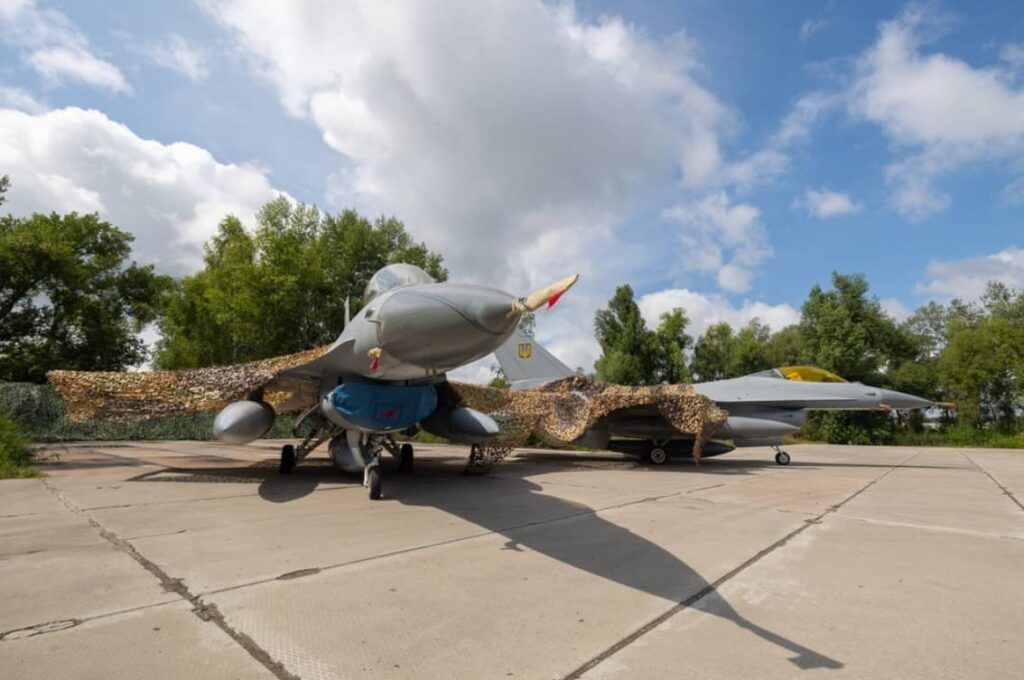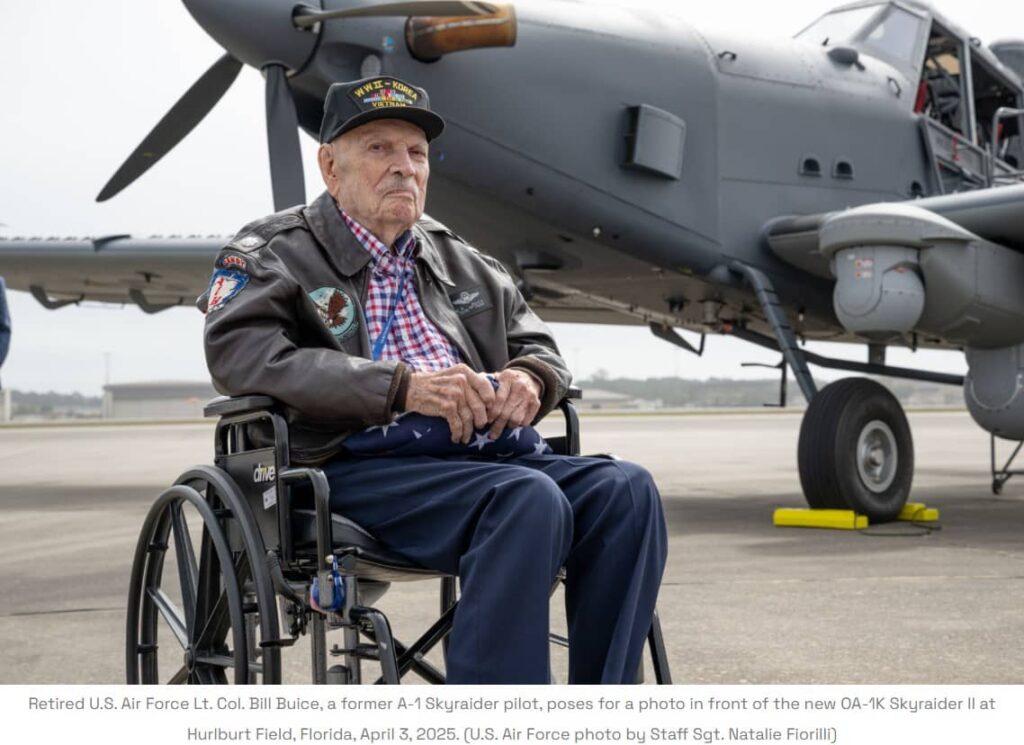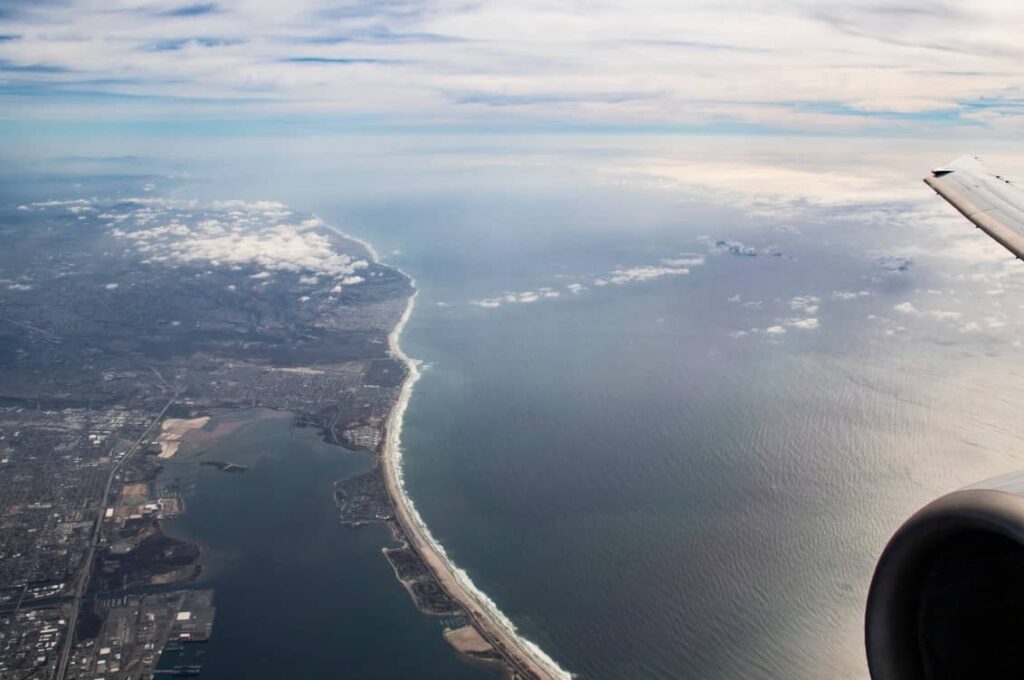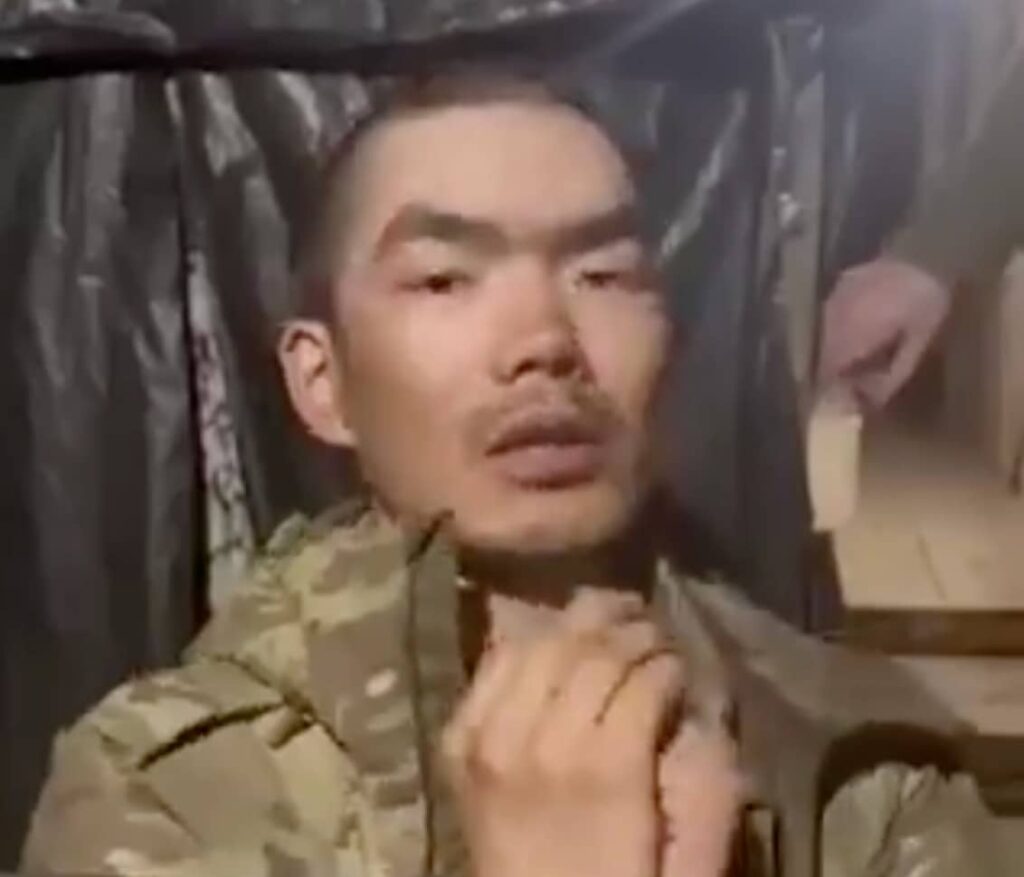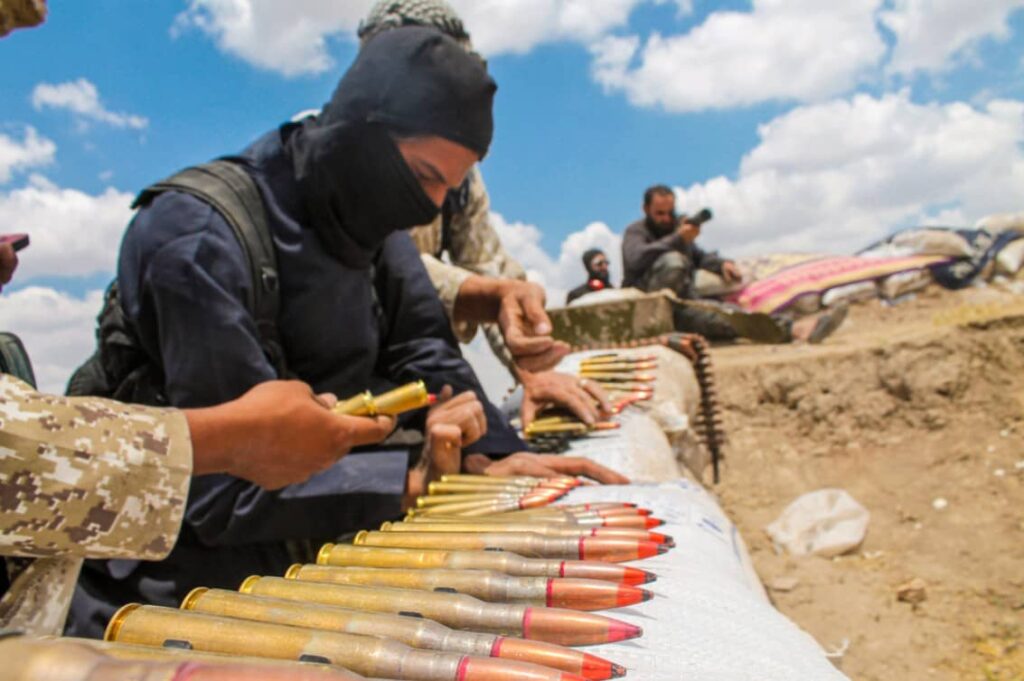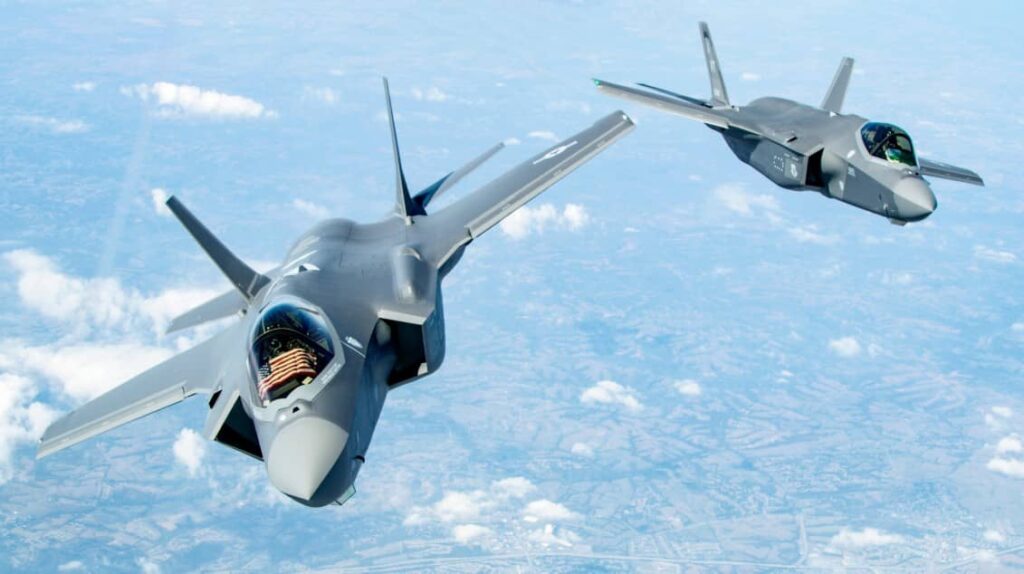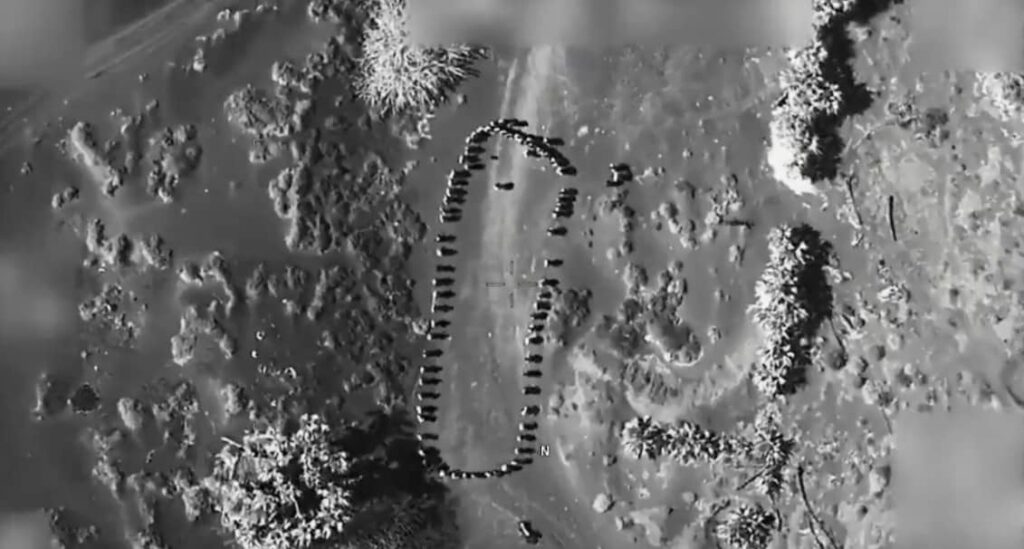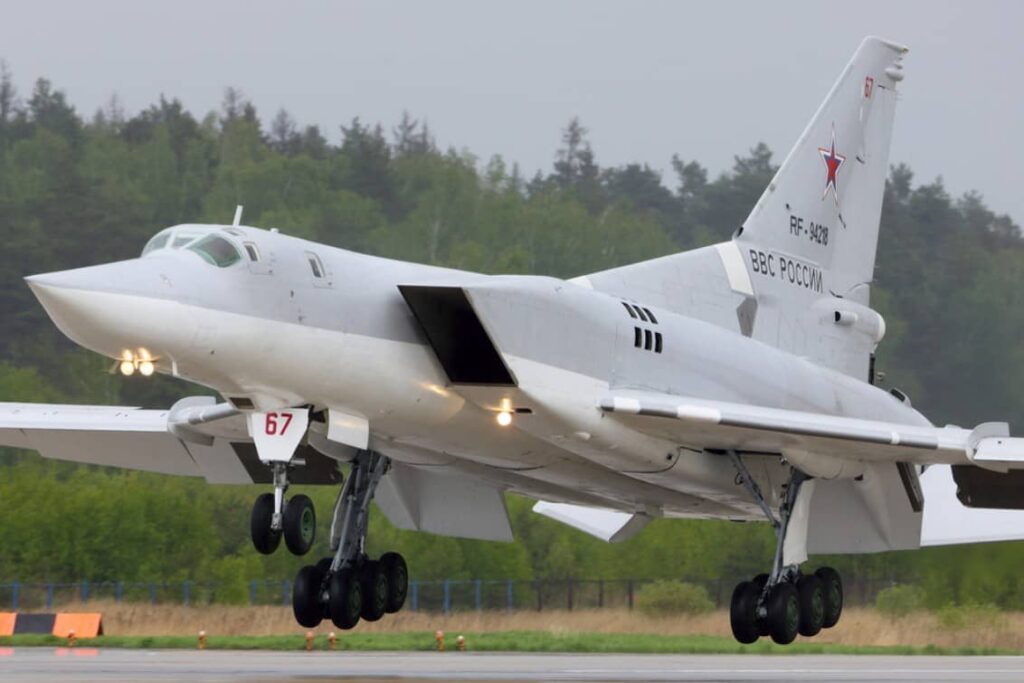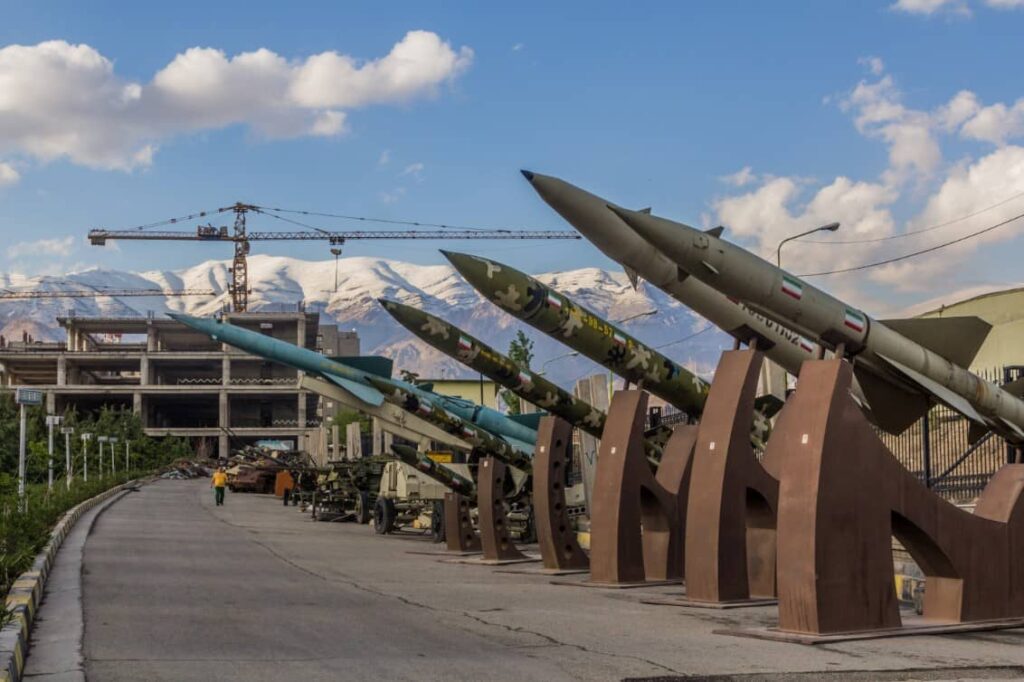US Ramps Up Aerial Surveillance of Mexican Cartels Using Advanced Spy Planes

The U.S. military has intensified its surveillance of Mexican drug cartels, deploying advanced spy planes that are typically used to monitor China and Russia. According to open-source data and CNN, at least 18 reconnaissance flights were conducted over the southwestern United States and international airspace near Mexico’s Baja Peninsula in late January and early February as part of President Donald Trump’s crackdown.
According to the report, at least 11 of these recent flights over the U.S. have been conducted by Navy P-8 Poseidon, which are typically used for submarine tracking and maritime surveillance.
A U-2 spy plane, originally designed during the Cold War for high-altitude surveillance, was also used for a six-hour mission on February 3, according to the report. Military analysts say this may be the first time a U-2 has been deployed for counter-narcotics operations in North America.
Both a U.S. Navy P-8A “Poseidon” Maritime Patrol and Surveillance Aircraft, and a U.S. Air Force RC-135U “Combat Sent” Technical Intelligence Aircraft are currently flying near the U.S-Mexico Border in Southern Texas. pic.twitter.com/vBAbl6o41y
— OSINTdefender (@sentdefender) February 7, 2025
The U.S. military’s surveillance missions span the U.S.-Mexico border, covering California, Arizona, and Texas. On February 4, the news organization tracked an extended flight near Sinaloa, involving an Air Force RC-135 “Rivet,” which specializes in intercepting ground communications.
Wow, for the first time I have ever seen, a U.S. Air Force RC-135V “Rivet Joint” Signals Intelligence Platform from Offutt Air Force Base in Nebraska, is operating within Mexican Airspace, over the Gulf of California between Baja California Sur, Sonora, and Sinaloa. pic.twitter.com/ucEDSc4Zxj
— OSINTdefender (@sentdefender) February 3, 2025
While these aircraft are operating within U.S. airspace, their sophisticated intelligence-gathering capabilities allow them to monitor activities well beyond the border.
Analysts suggest that the collected intelligence could be used for a variety of purposes, including assisting law enforcement in identifying cartel operations, targeting financial networks, or even laying the groundwork for potential military actions.
It remains unclear to date how the administration intends to use the data or whether it will be shared with Mexican authorities.
The intensified surveillance of Mexican cartels coincides with broader directives from Trump to strengthen border security and combat drug trafficking organizations.
The administration earlier increased the military presence along the U.S.-Mexico border, with thousands of additional troops deployed to support federal law enforcement efforts. Additionally, Trump has designated major Mexican cartels as foreign terrorist organizations, a move that could allow for expanded military action against them.

